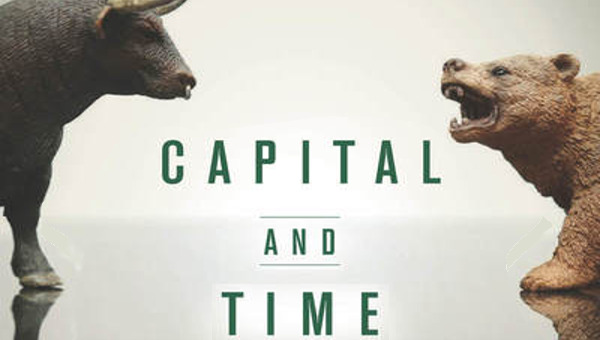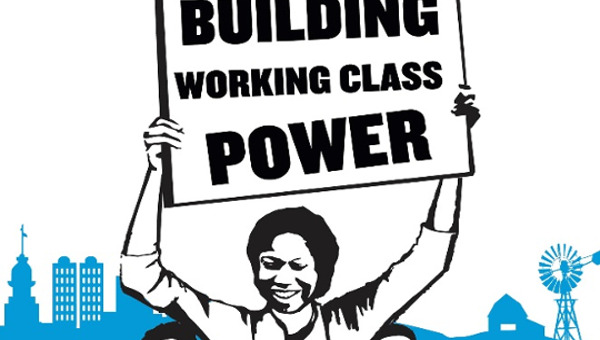Understanding the Financial Crisis
Toronto, January 30, 2009 The financial crisis that has ripped across the world market over the last year has been remarkable in the chaos it has unleashed – and continues … Watch video »
Toronto, January 30, 2009
The financial crisis that has ripped across the world market over the last year has been remarkable in the chaos it has unleashed – and continues to unleash – on national economies, workers, ecologies and marginalized communities. Financial authorities, have admitted that whole banking systems may have to be nationalized. This is even after governments around the world have backstopped their loans and capital positions to the tune of several trillion dollars. The financial crisis is now spilling over into a wider economic crisis. The most visible casualty here has been the North American auto sector, with the Big Three careening on the edge of bankruptcy. As the crisis deepens, the impact on mortgages, unemployment, welfare rolls and so forth is likely to be devastating.
It is clear that mainstream neoliberal discourse has produced sheer nonsense in attempting to explain the financial crisis. The notion that ‘excessive risk-taking’ extending sub-prime mortgage credit to low-income earners in the U.S. could cause credit markets to lock-up and the world economy to spin into recession – and possible deflation – is absurdly naïve. It is becoming clear that attempts by states at re-regulation, fiscal stimulus and monetary supports are at best patch-work Keynesian attempts to avoid even worse economic turmoil. It is necessary, therefore, to explore deeper explanations of the crisis within structuralist accounts of how capitalism generates cycles of ‘financial instability’ and how Marxian theorizations of the interaction between credit-money, accumulation and income distribution. These panels allow an opportunity to discuss some of the theoretical, political and research issues emerging out of the financial crisis and this major political turning point.
Panel 1: The Financial Crisis: Causes, Dimensions, Consequences
– Brenda Spotton Visano, Department of Economics, York University
– Erin Weir, Economist, United Steel Workers
– Katharine Rankin, Department of Geography, University of Toronto
Panel 2: The Global Financial Crisis: Developing Left Responses?
– Kanishka Goonewardena, Department of Geography, University of Toronto, Chair
– Laurie Adkin, Department of Political Science, University of Alberta
– Adam Hanieh, Department of Political Science, York University
– Leo Panitch, Department of Political Science, York University
Sponsors: Studies in Political Economy; Canada Research Chair in Comparative Political Economy, York University; Canadian Auto Workers.





